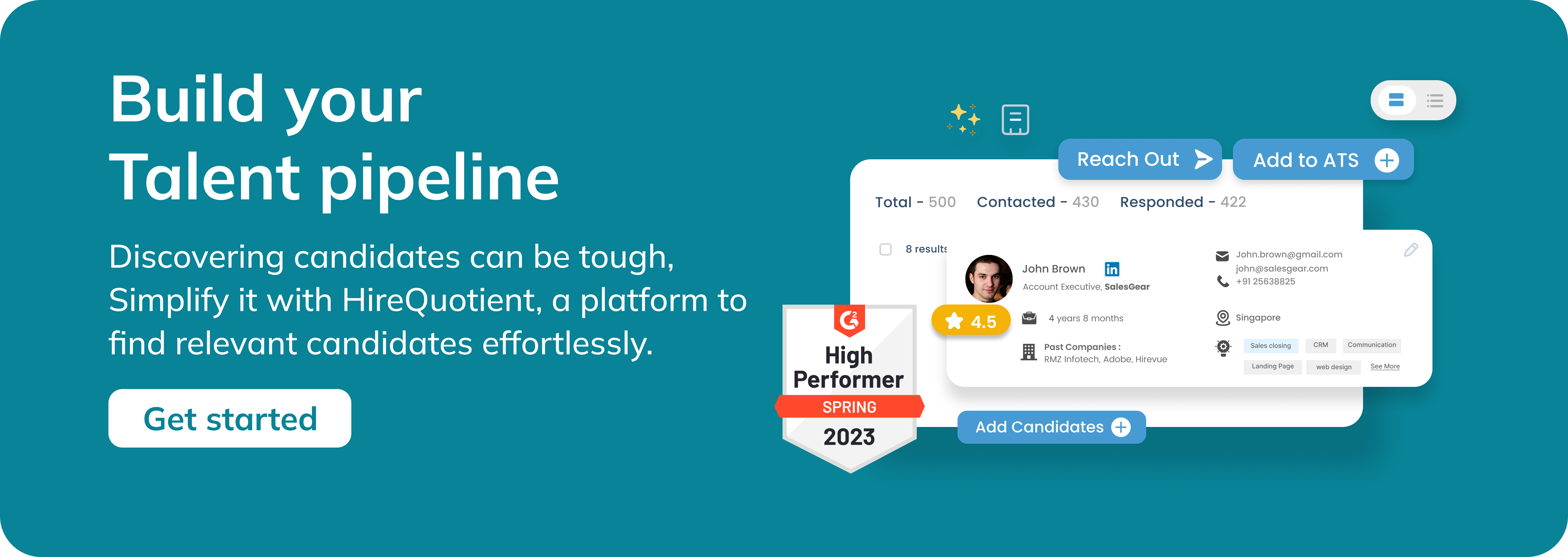Neurodiversity at Work: Overcoming Stigmas and Stereotypes
Published on August 31st, 2023
In a world that increasingly celebrates diversity and inclusion, it's high time we turn our attention to a topic that often remains in the shadows: neurodiversity at work. Neurodiversity refers to the range of neurological differences in human beings, encompassing conditions like autism, ADHD, dyslexia, and more. While the workplace is evolving to become more inclusive, there are still stigmas and stereotypes surrounding neurodiverse individuals that need to be addressed. In this blog, we'll explore the concept of neurodiversity, debunk some common myths, and discover how companies can foster a more welcoming and accommodating work environment for neurodivergent employees.
Understanding Neurodiversity
Neurodiversity is not a buzzword or a passing trend; it's a fundamental aspect of human variation. Just as we accept differences in gender, race, and sexuality, we must embrace differences in neurology. Neurodivergent individuals may process information, communicate, and experience the world in unique ways, but these differences can also bring valuable perspectives and talents to the workplace.
Debunking Myths and Stereotypes
- Myth: Neurodivergent individuals are less capable.
Reality: Neurodivergent individuals often possess exceptional skills and talents, such as attention to detail, pattern recognition, and creativity. Many have made groundbreaking contributions in fields like technology, science, and the arts.
- Myth: Neurodivergent individuals are not team players.
Reality: Neurodivergent individuals can be highly collaborative when placed in the right environment. Their diverse perspectives can enrich team discussions and problem-solving efforts. Neurodivergent individuals can be highly collaborative when placed in the right environment. Their diverse perspectives can enrich team discussions and problem-solving efforts. For those interested in understanding neurodivergence on a more personal level, this article on neurodivergence offers insights through a 20-question self-assessment tool that might help identify unique traits and strengths associated with neurodivergency.
- Myth: Neurodivergent individuals need special treatment.
Reality: Neurodivergent individuals may require certain accommodations or adjustments to maximize their potential at work, but these accommodations can often benefit the entire team. Simple changes in communication styles or workspace setups can create a more inclusive atmosphere.
Fostering an Inclusive Work Environment
- Educate Employees: Encourage ongoing training and awareness programs to help employees better understand neurodiversity and dispel stereotypes.
- Provide Flexibility: Allow for flexible work arrangements, including remote work options and flexible hours, to accommodate the unique needs of neurodivergent employees.
- Create Inclusive Policies: Develop inclusive hiring and workplace policies that actively support neurodiversity. Consider using blind recruitment methods to reduce biases.
- Offer Support and Resources: Provide access to resources like counseling, mentorship programs, and coaching to help neurodivergent employees succeed and thrive in their roles.
- Foster Open Communication: Create a culture of open communication where neurodivergent employees feel comfortable discussing their needs and challenges with their supervisors and colleagues.
Success Stories: Real-Life Examples
- Microsoft: The tech giant has launched the Autism Hiring Program, actively recruiting and supporting neurodivergent individuals. They've found that these employees often excel in roles requiring attention to detail and problem-solving.
- SAP: This software company has a dedicated Autism at Work program, aiming to make their workforce more inclusive by hiring and supporting autistic employees. They offer specialized training and mentoring to foster career growth.
- EY (Ernst & Young): EY has a Neurodiversity Center of Excellence that focuses on neurodiversity hiring, providing training, support, and accommodations for neurodivergent employees.
Conclusion
Neurodiversity at work is not just about breaking down barriers—it's about unlocking the immense potential that lies within every individual. Embracing neurodiversity is not charity; it's good business sense. When companies create environments that celebrate differences and provide the necessary support, they not only tap into a diverse pool of talent but also foster innovation, creativity, and empathy in the workplace. It's time to move beyond stigmas and stereotypes and build a future where neurodiversity is not only accepted but celebrated at work.
About HireQuotient
HireQuotient is an HR-tech platform that envisions to streamline sourcing and hiring candidates for recruiters.
EasySource - an automated candidate sourcing tool straightens the entire sourcing process and lets recruiters find candidates in less than 5 minutes. EasyAssess - a skills based assessment platform that offers tailored assessments in all non-technical domains to vet candidates before hiring them.
To know more, book a demo.
Authors

Radhika Sarraf
Radhika Sarraf is a content specialist and a woman of many passions who currently works at HireQuotient, a leading recruitment SaaS company. She is a versatile writer with experience in creating compelling articles, blogs, social media posts, and marketing collaterals.
Hire the best without stress
Ask us how
Never Miss The Updates
We cover all recruitment, talent analytics, L&D, DEI, pre-employment, candidate screening, and hiring tools. Join our force & subscribe now!
Stay On Top Of Everything In HR



